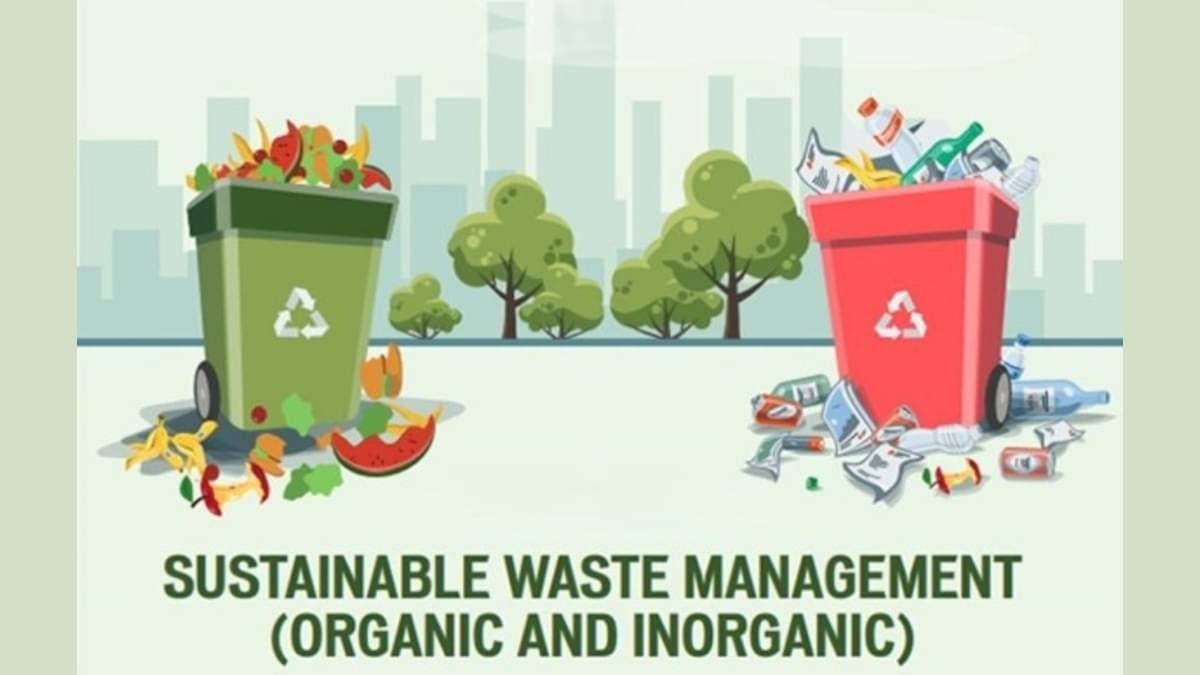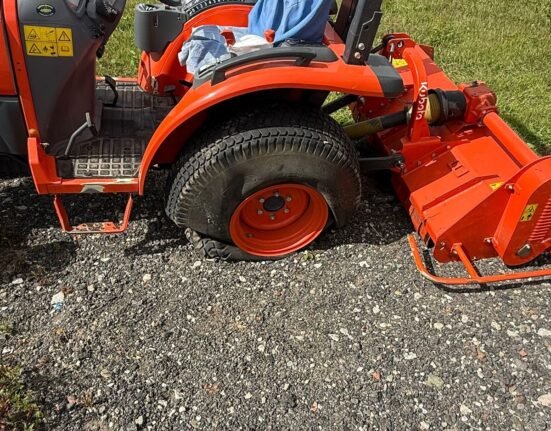Patanjali’s recent achievement of patenting a unique machinery capable of transforming sludge into a composite pit represents an important breakthrough in environmental conservation and sustainable development. With the escalating problem of sludge disposal from wastewater treatment facilities, this innovative technology offers a promising solution by converting hazardous waste into a safe and useful form. The patented machinery emphasizes eco-friendly waste processing, resource recovery, and pollution reduction, aligning with global efforts to promote greener practices.
The core function of this machinery is to process and stabilize sludge, which typically contains organic matter, heavy metals, and pathogens. Through a series of advanced treatment steps, the machinery reduces the toxicity and biological hazards associated with sludge, making it suitable for reuse. The end product, a composite material, can serve as a fertilizer, soil enhancer, or even as a construction material, depending on the specific treatment process and application. This not only reduces the volume of waste sent to landfills but also creates value-added products that support sustainable agriculture and construction.
Patanjali’s innovation is noteworthy for its environmentally conscious design. The machinery is energy-efficient, requires minimal maintenance, and operates with a focus on reducing emissions and secondary pollution. Its compact design makes it adaptable for various scales of waste management operations, from small community setups to large industrial facilities. By patenting this machinery, Patanjali has secured a competitive edge in the green technology sector, encouraging other organizations to develop similar eco-friendly waste management solutions.
This patented technology signifies a strategic move by Patanjali to lead in sustainable environmental practices. It demonstrates the organization’s commitment to integrating traditional wisdom with modern technological innovations for ecological betterment. The patent protection also ensures that the proprietary process remains exclusive, encouraging further research and development in this vital area.
The adoption of this machinery could have far-reaching implications, especially in countries like India, where waste management infrastructure is rapidly evolving. It offers a scalable, sustainable, and cost-effective method to manage sludge while promoting resource conservation. With increasing environmental regulations and a global push towards sustainability, Patanjali’s patent represents a proactive step in addressing waste challenges and safeguarding ecological health for future generations.







